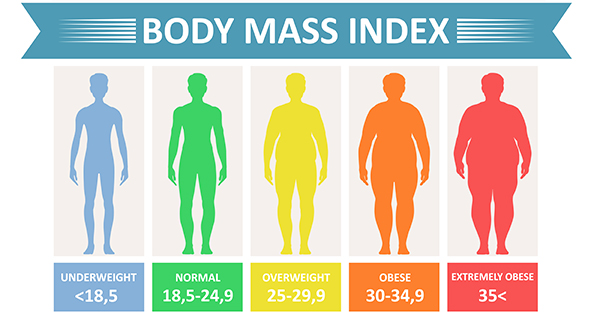One of the best things I've learned in the past few years is how self-centered I am, especially when it comes to the things I was taught as a child. By self-centered, I mean, there is a level of indignation that I carry, and present to others, because my parents taught me a way of "seeing" at a very early age.
For example, I go ape when people throw away food. To me, it doesn't matter if the yogurt is turning green, or the cheese is encased in fuzzy hair. Mold, crawling down the side, oozing up and out of the wrapper, does not mean the food is inedible. Mom taught me that, if it doesn't kill me, what's a little blue mold on a piece of bread? After all, isn't that where penicillin comes from?
I have to tell you, my mother was 2nd-generation German, and all her grandparents came over during the great European famines of the mid-1800's. So I understand why she might have a tendency to want to teach her children not to throw away food. But what's strange is I didn't realize that it might be okay to throw away food, especially when my plate was bigger than my stomach, and my weight was pushing past 250 lbs.
Luckily, folks I love were brought up with some different traditions, which I was finally able to hear and understand, though not before one divorce and one broken engagement. I'm not kidding you. Some of my worst arguments have been about throwing away food. And this in an epoch when food, at least in my income bracket, was not a huge expense, smaller than I spent on such things as smartphones, computers, tablets, Internet, and streaming TV.
Another of my go-to arguments, which also comes from my childhood training, is turning off lights. I was unable to understand why a light needed to stay on if nobody was using it. When our children lived at home, I lost this battle. When CFL's came out, I converted all the bulbs, which saved quite a bit on our energy bills. And I switched them all again when LED's came out. But I still feel compelled to turn off any light in a room where nobody is using the light.
But these days, I am trying to be more aware of my early programming and fundamental biases, and how this early training can alter my perception to the point of preclusion, making me blind to other perspectives, other points of view...
So there I was, lying in bed, thinking about why I care so much about turning the lights off, and I definitely heard the echoes of my mother, in my head. I also heard years of environmental concerns, worries about global warming, limited resources, and global wealth inequality (just thought I'd throw that in, because it popped up, too).
I was thinking about my commitment to turning off the lights, my early training, and how this might be limiting my perception, and who should pop into my head but Tom Bodett. He's the man on the Motel-6 ads in the 1980's that said, "We'll leave the light on for you!" And it hit me like a hammer. I had a whole new perception of "leaving the lights on", as a welcoming, comforting, light against the dark, dare I say "enlightened" kind of feeling.
Basking in this newfound connection, I pondered the concept of energy conservation, as a universal, something valued throughout the universe. Was energy conservation something all life forms would work towards, consider important? Is it a universal moral imperative?
And then it hit me, sucked the breath right out of my lungs: God leaves the stars on.
The stars aren't "turned off" when nobody's home. And a star uses a lot more energy than my LED bulbs. Maybe I've got it all wrong. Maybe my mom had it all wrong. Maybe stars are God's way of saying, "We'll leave the light on for you."
